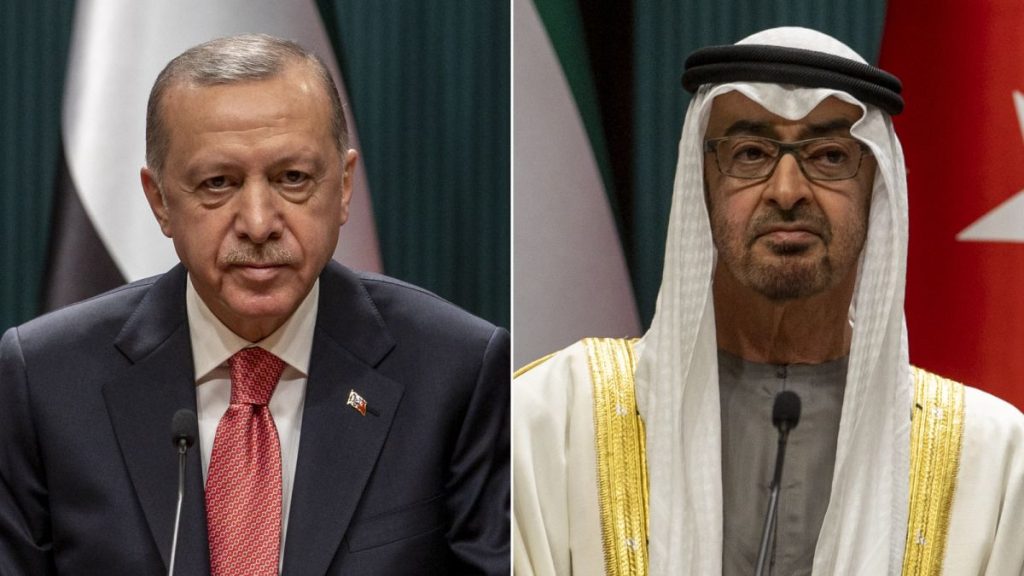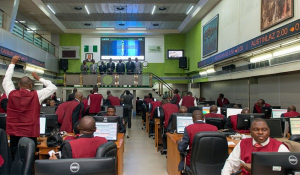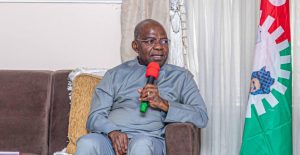How two Middle East powerhouses fell out, then made up

Longtime foes Faced with a coronavirus-related downturn, increased economic competition from neighboring Saudi Arabia and the growing cost of military engagements in the region, the UAE declared last summer that it was adopting a foreign policy U-turn. While it said that its external relations would now be determined by economic interests, the departure of President Donlad Trump and a desire to play a greater diplomatic role in the region was also a factor in the policy shift. At the same time, Turkey’s economy was tanking. Annual inflation reached near 50% and by the end of last year, with its currency losing half its value against the dollar. Ankara could no longer afford to alienate rich Gulf states. Erdogan’s rise to power in 2002 has been be attributed to the economy — he doesn’t want it to now become the cause of his downfall. The president has promised to turn the economy around, knowing that failure to do so would have him pay dearly at the polls next year. He’s banking on the UAE and other Gulf Arab states to inject billions into Turkey. “The economy is very, very important for the Turkish president,” Erim said. “A weaker economy before 2023 elections is definitely something he doesn’t want, and the Emiratis have the money to be able to provide a booster shot for the Turkish economy.” The money has already started flowing: the UAE has announced a $10 billion Turkey investment fund and a nearly $5 billion currency swap to boost its foreign exchange reserves. Better relations will also mean a return of Gulf Arab tourists next summer, bringing in much-needed hard currency. The economy may be a key driver for Erdogan. But this burgeoning relationship is part of the wider jigsaw of realignment being witnessed in an ever-changing Middle East. Other top Middle East news Iranian oil exports increase as talks in Vienna resume Increased shipments to China have nudged Iran’s oil exports past 1 million barrels per day for the first time in almost three years. Background: Sanctions aimed at cutting Tehran’s oil flow were imposed after former United States President Donald Trump exited the 2015 nuclear agreement, but China has provided an outlet through intermediaries. Iran said on Monday that nuclear talks in Vienna have not reached a dead end. Why it matters: Beijing has been consistent in saying the US should lift sanctions on Iran. Oil sales could start to flow again if indirect nuclear talks in Vienna are successful, which could also help lower oil prices, currently standing at $94 — a seven-year high. Saudi-led coalition attacks Houthi ministry of communications The coalition attacked the ministry in Yemen’s capital Sanaa on Monday, saying it was used to “to support hostilities.” Background: The raid destroyed a Houthi communications system used to operate front communications stations that controls drones, according to the coalition. Why it matters: the raid comes as Iran-backed Houthis step up attacks against coalition forces, particularly the UAE, with drones and missiles. Iraqi court bars Zebari from running for presidency Iraq’s Supreme Federal Court ruled that former Foreign Minister Hoshyar Zebari is not eligible to run for the presidency amid corruption allegations. Background: The court said a decision by parliament to accept his presidential bid was incorrect and it also barred him from running for the post in the future. Zebari called the court’s decision “an injustice.” Why it matters: The court decision is a blow to populist Shiite Muslim cleric Moqtada al-Sadr, who was the biggest winner in parliamentary elections in October. Parliament had been due to vote on a new head of state last Monday but canceled the vote because it lacked quorum. What we’re watching Libyan presidential elections planned for December were postponed after political infighting and administrative delays. In the ensuing state of limbo, the parliament in eastern Libya appointed a new prime minister and now the country is grappling with dual premierships. Jomana Karadsheh breaks down the complicated political structure. Around the region Dubai will start charging for plastic bags this summer in preparation for a total ban, Mohammed Abdelbary reports. Twenty-five fils ($0.07) doesn’t buy much in the United Arab Emirates; a bag of chips, a stick of gum, or maybe a lollipop if the flavor isn’t popular. Starting July 1, however, kids going on a snack run in Dubai will have to account for the price of the plastic bags they carry those snacks in: 25 fils per bag. The charge will be applied to retail, clothing, restaurants and pharmacies, as well as on delivery and e-commerce orders, the emirate said. The change is a precursor to a complete ban of single-use plastics in two years. Dubai has also announced plans to cut carbon emissions by 30% by the end of 2030. This is part of the UAE’s broader strategy of achieving carbon neutrality by 2050. Dubai is the first emirate to set a charge on single-use plastic bags. Over the years, the UAE’s deserts and shores have borne the costs of plastic. Single-use plastics cause 50% of camel deaths in the UAE, and 86% of turtle deaths along its shores, according to the government. While 2022 seems to be a big year for awareness around climate and the environment in UAE, 2023 is set to be even bigger as the country will host the COP28 international climate conference in 2023.







